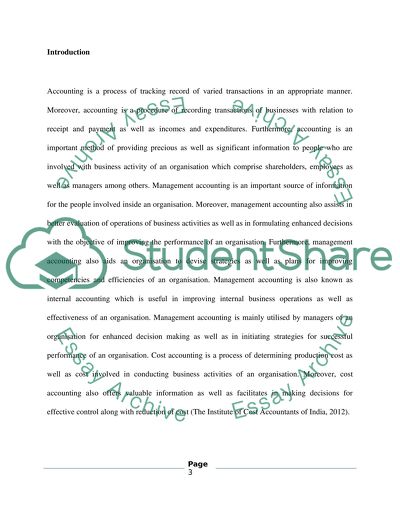Cite this document
(“Management and Cost Accounting: Planning, Control and Budgeting Essay”, n.d.)
Retrieved from https://studentshare.org/finance-accounting/1403595-management-and-cost-accounting
Retrieved from https://studentshare.org/finance-accounting/1403595-management-and-cost-accounting
(Management and Cost Accounting: Planning, Control and Budgeting Essay)
https://studentshare.org/finance-accounting/1403595-management-and-cost-accounting.
https://studentshare.org/finance-accounting/1403595-management-and-cost-accounting.
“Management and Cost Accounting: Planning, Control and Budgeting Essay”, n.d. https://studentshare.org/finance-accounting/1403595-management-and-cost-accounting.


